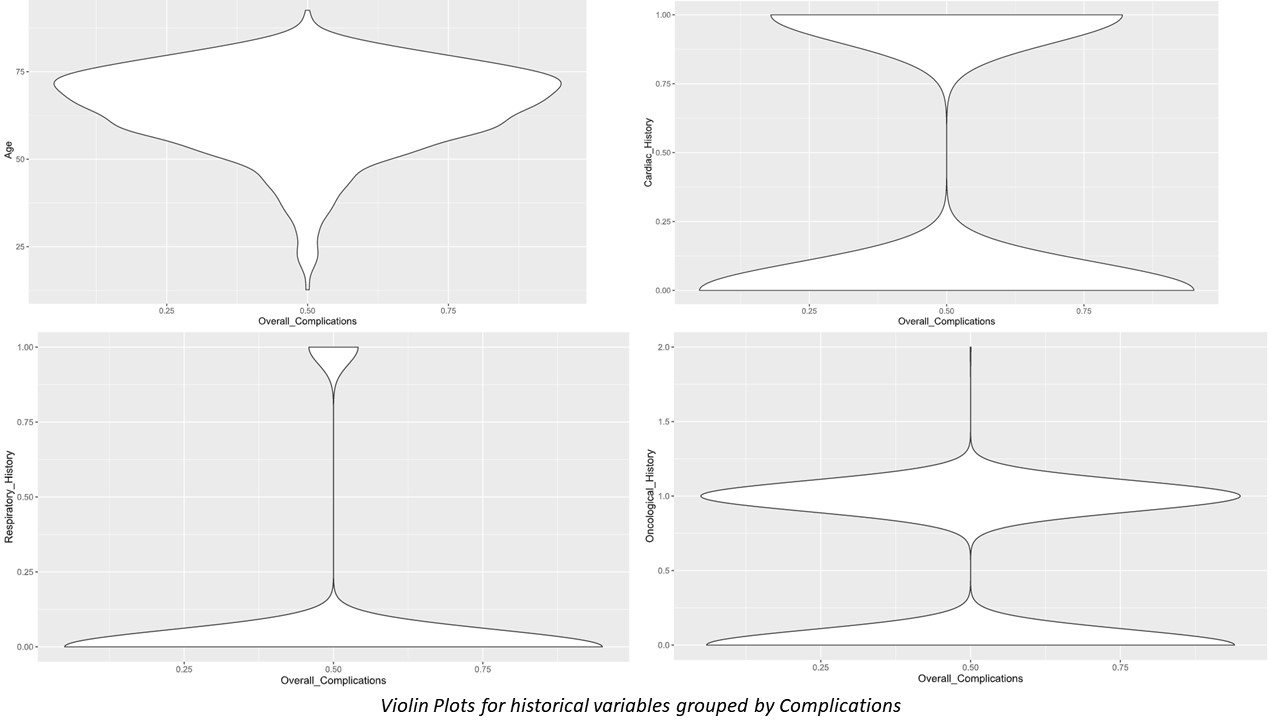Abstract
BACKGROUND
Artificial intelligence (AI) may support multidisciplinary NSCLC decision-making
AIMS
To develop AI to predict postoperative complications (POC) after lung resection for NSCLC
METHODS
Retrospective review of clinical records of lung resection for NSCLC in 2020-2021
Multivariate analyses defined statistically significant POC predictors; logistic regression model was developed. Patient files were allocated to training set and test set. AI was taught to predict POC occurrence on training set; model was validated on test set
RESULTS
1552 consecutive patients included (M/F ratio 0.98, median age 64 [19-87]): 545 lobectomies, 18 bilobectomies, 32 pneumonectomies, 492 segmentectomies
COPD (p=0.035), FEV1% (p=0.043), smoking pack/year (p=0.047) significantly associated with POC occurrence
AI was trained and validated to predict POC with all identified variables (training set=981, test set=571), achieving 89% sensitivity/96% specificity

CONCLUSIONS
AI was able to predict, with adequate accuracy, POC in a retrospective dataset
AI may support multidisciplinary management by identifying patients requiring specific perioperative care, improving surgical planning
However, large-scale multicentre investigations are necessary to substantiate our findings